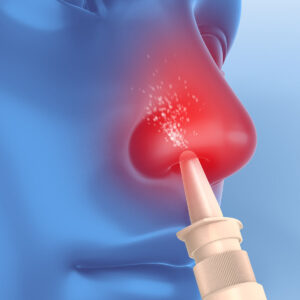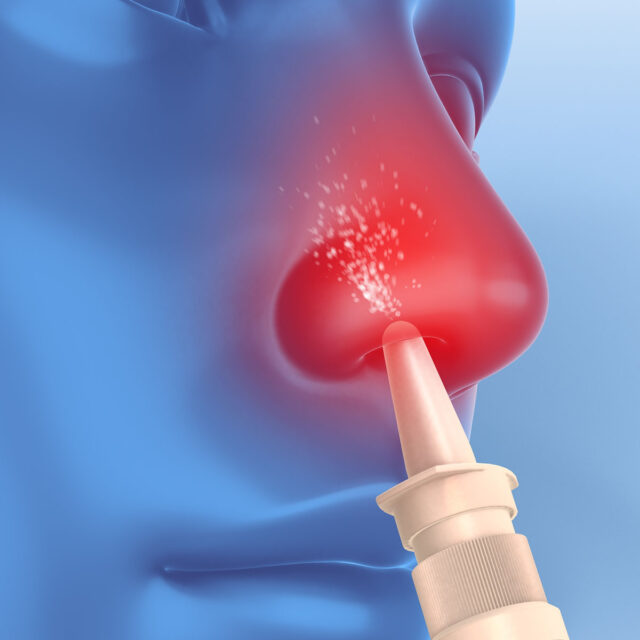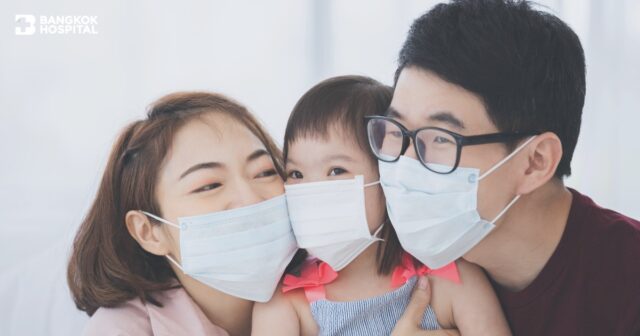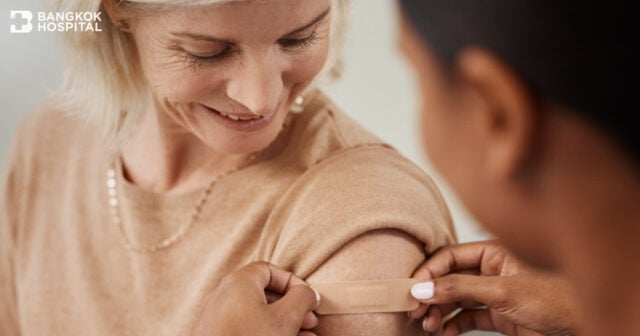Pneumonia, if left untreated, can be fatal. So, vaccination against pneumonia is something that should not be neglected, particularly by those over 65 whose immunity is already waning. Should they contract pneumonia and it becomes severe, they can experience life-threatening complications.
What is Pneumonia Vaccine?
Pneumonia vaccine is a vaccine against illness caused by the bacteria pneumococcus, which is responsible for pulmonary infections such as pneumonia, middle ear infection, sinusitis, and so on. The vaccination is an effective option for preventing the infection – particularly among seniors, people with chronic illnesses, or those with a weakened immune system.
Types of Pneumonia Vaccine
There are 2 types of Pneumonia vaccine, as follows:
- PCV13, a pneumococcal conjugate vaccine containing thirteen bacterial serotypes that cause lung infection: 1, 3, 4, 5, 6A, 6B, 7F, 9V, 14, 18C, 19A, 19F, and 23F. This vaccine boosts the body’s immune system, and has a long efficacy. It covers 75% of microorganisms that cause the infection.
- Pneumococcal Polysaccharide Vaccine (PPSV23). This is a vaccine against bacteria that causes infectious pulmonary illness. There are 23 varieties: Gen 1, Gen 2, Gen 3, Gen 4, Gen 5, Gen 6B, Gen 7F, Gen 8, Gen 9N, Gen 9V, Gen 10A, Gen 11A, Gen 12F, Gen 14, Gen 15B, Gen 17F, Gen 18C, Gen 19A, Gen 19F, Gene 20, Gen 22F, Gene 23F, and Gen 33F. Its efficacy may not last very long, but it addresses 82% of the infection’s source.
How Many Injections Are Recommended for Pneumonia Vaccines?
- For those 65 and older, we recommend PCV13 vaccination, followed by PPSV23 (at least one year later).
* People with immunodeficiency, cochlear implants, or cerebrospinal fluid leaks are recommended to receive PPSV23 vaccination also (at least 8 weeks later). - For those between 18 – 64 years old with comorbidities that are not in immunodeficiency category but include chronic heart or lung diseases, diabetes, smoking, or alcoholism should receive PCV13 vaccination and, then, consider PPSV23 (at least one year afterwards).
- For those between 18 – 64 years old who have immunodeficiency – such as chronic kidney disease (especially stage 4 and later), Nephrotic Syndrome, as well as those who are without a spleen or with a defective spleen, have HIV infection with CD4 count of less than 200 cells/mm3, have congenital or acquired immunodeficiency, have cancer and have received immunosuppressive drugs (including long-term steroid usage or radiotherapy), or have an organ implant – are recommended to receive PCV13 vaccination, followed 8 weeks later by PPSV23, and another dose of PPSV23 (at least 5 years after the previous vaccination).
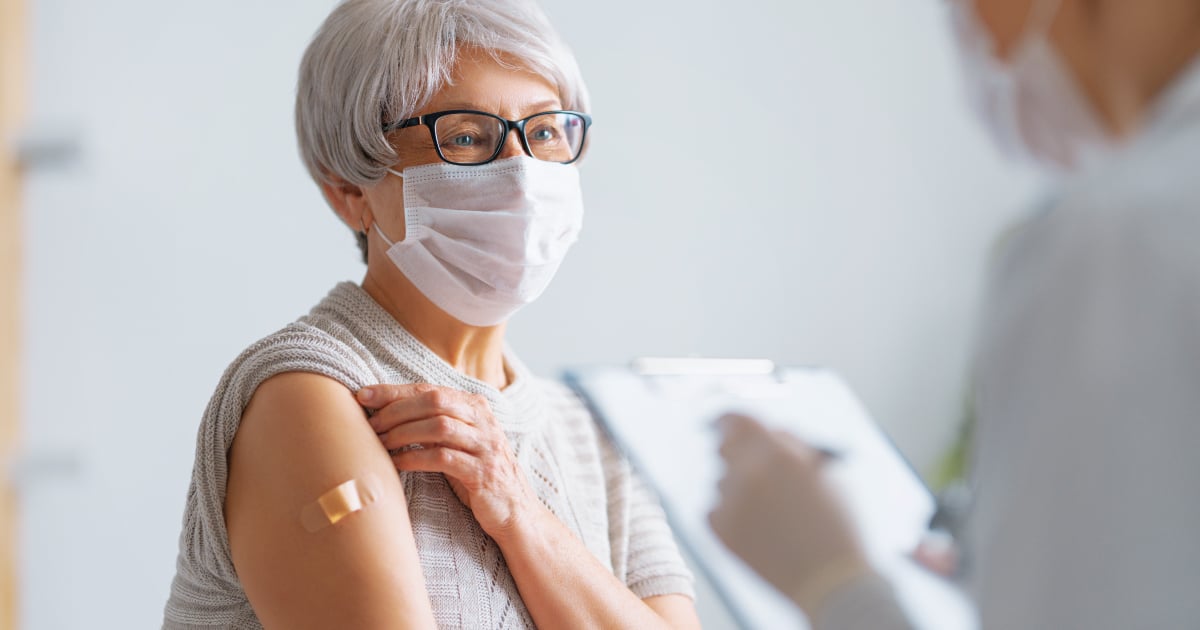
Who Should Receive Pneumonia Vaccination?
- People over 65 years old.
- People with immunodeficiency.
- People with spleen dysfunction or no spleen.
- People with chronic disease such as diabetes, chronic heart disease, chronic obstructive pulmonary disease, chronic liver disease, etc.
- People who smoke or consume alcoholic beverages.
Side Effects of Pneumonia Vaccination
Side effects may occur but will dissipate within a few days:
- Discomfort, swelling, redness, and tightness around the injection site.
- Fatigue, fever, headache.
- Loss of appetite, muscle pain.
Limitations of Pneumonia Vaccination
- It is prohibited to receive both the PCV13 conjugate vaccine and the PPSV23 polysaccharide vaccine together or within the same day.
- People with a history of allergy to diphtheria toxoid should avoid receiving the pneumonia vaccination.
- At the moment, there is no safety information about effects of the pneumonia vaccines on pregnant women.
Doctor Specialized in Pnumonia and Lungs Infections
Dr. Chayapon Cheetanom, Internist, Bangkok Hospital
Click here for self-appointment
Hospital Equipped to Provide Pneumonia Vaccination
Vaccine Clinic at Bangkok Hospital is ready to provide you with vaccinations to protect you against pneumonia, and to lower your risk of the infection and its severity. Our multidisciplinary team of medical specialists is available to closely take care of you.


